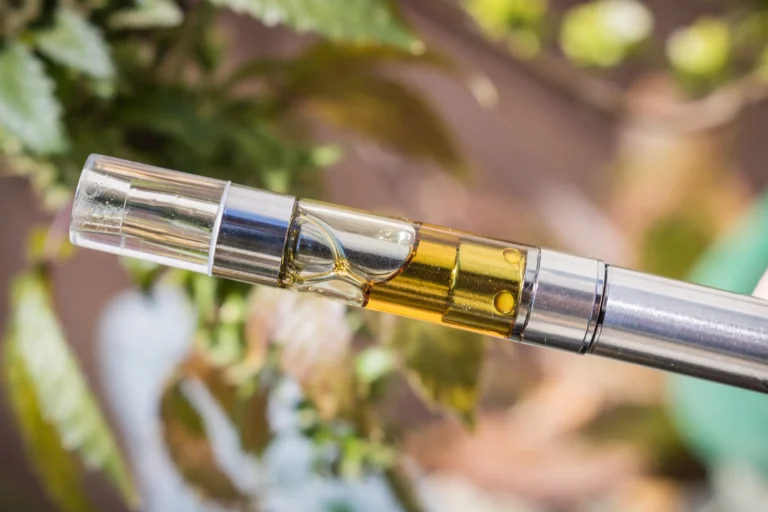The cannabis marketplace continues to evolve with innovative products designed to meet diverse consumer preferences and needs. Among the newer entries gaining attention is thca vape, which offers a distinctive alternative to traditional THC vapes. Consumers seeking specific effects and experiences should understand these products’ differences.
Chemistry behind the experience
The precursor compound to THC (tetrahydrocannabinol) is THCA (tetrahydrocannabinolic acid). In its raw, unheated form, THCA exists abundantly in fresh cannabis plants but doesn’t produce the intoxicating effects typically associated with cannabis consumption. The fundamental distinction lies in their molecular structure. THCA contains an additional carboxyl group (COOH) that prevents it from binding effectively to the CB1 receptors in the brain that create the “high” sensation. A process called decarboxylation converts THCA into THC, which is psychoactive.
Conversion process
The interesting paradox of THCA vapes is that the very act of vaping, which involves heating the extract, initiates decarboxylation. When a user activates a THCA vape, the heating element warms the extract, converting some portion of the THCA to THC moments before inhalation. This real-time conversion is rarely complete. The brief exposure to heat typically converts only a percentage of the THCA to THC, resulting in a vapour that contains both compounds in varying ratios depending on factors such as:
- Temperature of the heating element
- Duration of heating
- Specific vaporizer design
- Starting concentration of THCA in the extract
Experiential differences
Users often report that THCA vapes provide a more subtle, clear-headed experience compared to traditional THC vapes. This difference stems from several factors:
- Lower effective THC content due to incomplete conversion during vaping
- The presence of unconverted THCA, which may offer different physiological effects
- The potential entourage effect from the specific balance of cannabinoids and terpenes preserved in the extract
Many consumers describe the experience as more functional and less overwhelming than high-potency THC products, making THCA vapes potentially suitable for daytime use or for those sensitive to THC’s more potent effects.
Potential benefits and applications
Interest in THCA has grown as preliminary research suggests it may offer unique properties distinct from THC. Some consumers turn to THCA vapes for:
- Mild relief from discomfort while maintaining mental clarity
- Potential anti-inflammatory effects without significant intoxication
- A gentler introduction to cannabis for inexperienced users
- A more functional alternative to high-THC products
Legal considerations
The legal status of THCA products exists in a complex and evolving space. While THCA itself is not explicitly scheduled under federal law, the reality that it readily converts to THC when heated creates legal ambiguities. Various jurisdictions treat these products differently, and regulations continue to evolve. In some markets, THCA products are marketed as a “legal” alternative in places where THC remains restricted. Consumers should be aware that:
- Many law enforcement agencies and courts consider THCA products essentially equivalent to THC products
- The legal distinction between the compounds varies by jurisdiction
- Testing methods may not differentiate between THCA and THC in all contexts
THCA vapes represent an interesting development in cannabis consumption technology, offering a potentially different experience compared to traditional THC vapes. Their appeal lies in the possibility of experiencing cannabis compounds with potentially altered effects due to the unique decarboxylation dynamics that occur during use. The distinctions between cannabis products will likely become better understood with further research, enabling consumers to create their own experiences.


